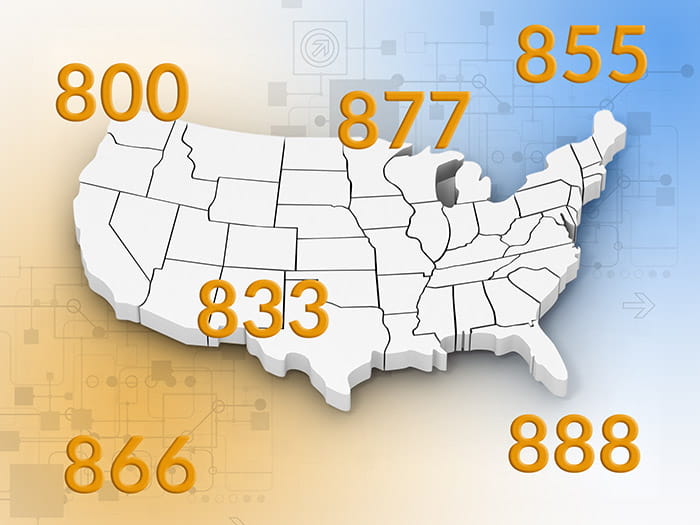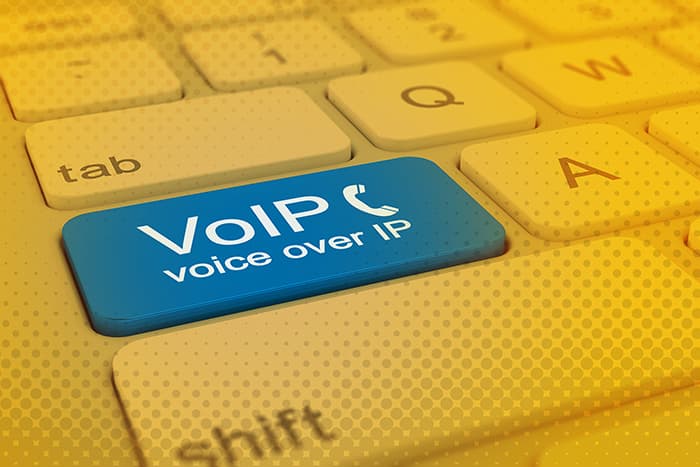Any business that conducts its operations internationally needs a reliable way of communicating with customers. Accessibility is a major key to customer satisfaction and reliable call-forwarding services will instantly make businesses more accessible to customers. An international call forwarding service can be configured so that customers can call your business at a local calling cost, no matter where your company is located. There are many competing call forwarding service providers, and we hope that this guide will allow you to get the most out of your service.
Using Advanced Features
One of the benefits of signing up for a good call-forwarding service is the advanced features that are included with the service. You will have access to intelligent features that can drastically improve your phone forwarding system and make it much easier to manage a high number of incoming calls. Business users will find it convenient to manage their accounts from an online control panel. There are a wide range of features that can be customized to the needs of any specific business. Some of the top features are:
- Advanced IVR: an interactive voice response system is a computer system that will greet callers and route them to the appropriate department or extension. Callers can navigate your customized menu by using their voice or keypad. This is one of the best features for businesses.
- Time-of-day routing: this is convenient for users that move around throughout the day because calls can be forwarded to different numbers at different times or on specific days of the week. This ensures that you have the opportunity to answer every call.
- Simultaneous ring: this will allow multiple numbers to ring at the same time when your virtual phone number is dialed. If you have an inbound call center with multiple representatives, you can configure the service so that the phone of each representative will ring.
- Call recording: can be utilized for training and quality assurance purposes. Configure the service so that all or a certain percentage of calls will be recorded. You can play the recordings back through the online control panel. Service providers will typically offer this feature at an additional cost.
- Voicemail: A voicemail ensures that important opportunities do not go unanswered. This feature lets you listen to messages from customers no matter where you are.
What to look for and what to avoid
Call forwarding service providers should never require you to sign a contract. It is also important that your provider does not require an initial payment or activation fees. We suggest you choose a service that you can cancel at any time.
In addition, the best call forwarding service providers will typically offer a free trial that lasts two weeks so that you can test out the full service, risk free. The free trial should let you try out the full service and not a partial version of the call forwarding service you desire.
Finally, it is important to evaluate the billing procedures and note when your account will be charged for the service. You don’t want to pay for a service that you aren’t using!
The local or toll free numbers and international call forwarding service should be usable within a few minutes of activating your account. You should have complete control over your account features and settings throughout the service, and the option to add/remove numbers at any time is convenient. We hope that this guide explained call forwarding and that it will allow you to pick a call forwarding service that is right for your business.





